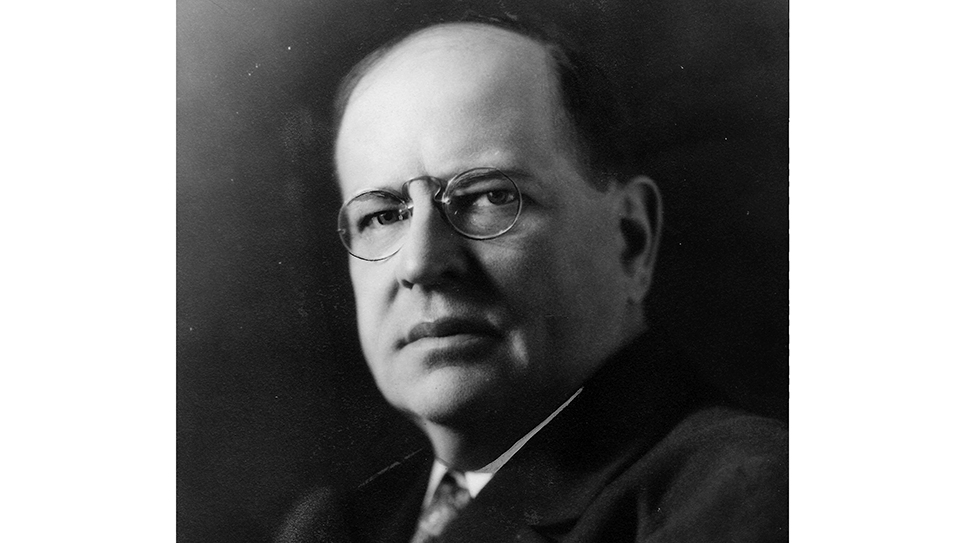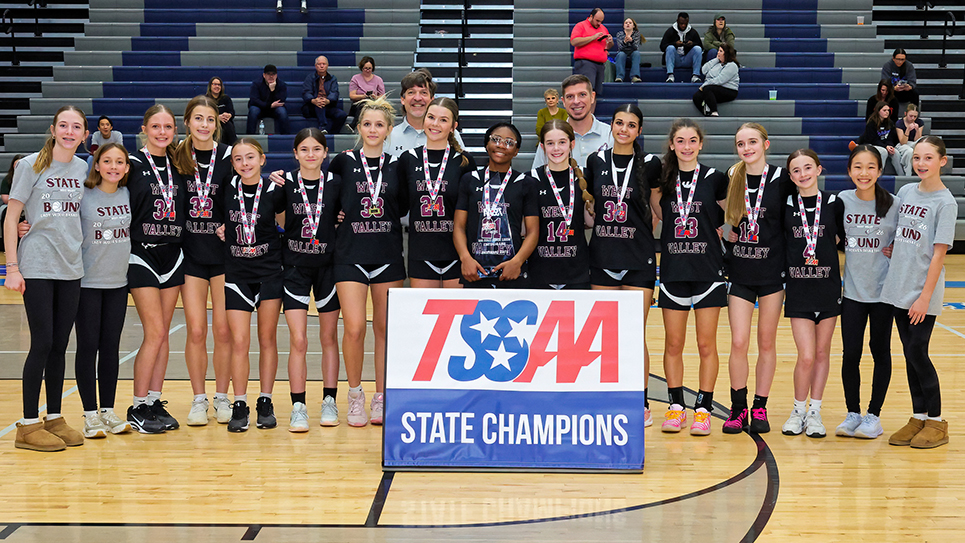The first 11-win season since 1970
By Tom Mattingly
The 1989 Tennessee football season finished 11-1, capped by a 31-27 win over Arkansas in the Cotton Bowl. That was quite a treat for Vol fans, given that the Vols had compiled a 5-6 record the year before.
That season, the Vols dropped their first six games, then reeled off a five-game win streak that gave hope that 1989 might be better. No one knew exactly what “better” was before the season began, but no one wanted to go through another 5-6 campaign.
There were several bumps along the way before the season ended, but the team’s performance from Sept. 2 against Colorado State to the final gun of the Cotton Bowl defined the term “resiliency.” It was the first 11-win season since 1970.
The opening game was no thing of beauty, the Vols defeating Colorado State, 17-14.
The Vols then winged their way to Los Angeles, thence to Pasadena, for a night contest with UCLA in the Rose Bowl. The Bruins were a heavy favorite, with some oddsmakers saying 15 points.
The final was 24-6, Tennessee, and it wasn’t that close. UCLA head coach Terry Donahue said it was an “absolutely flawless performance” by Tennessee. Freshman Chuck Webb ran for 134 yards on 22 carries, while Reggie Cobb added 14 carries for 78 yards.
The Vols defeated Duke 28-6 in Steve Spurrier’s last season before heading home to Florida.
The Tennessee-Auburn game, beamed nationally by CBS, was a classic for those dressed in orange and white. Tennessee won, 21-14, in a driving rainstorm that seemed to be centered over Neyland Stadium. Embarrassed a year earlier in a 38-6 loss at Auburn, Vol defenders held Auburn to 31 yards on 29 rushes.
Cobb rushed for 225 yards, including a 79-yard TD run. Webb added 93. Cobb felt vindicated.
“They made some remarks this week, saying I wasn’t going to be a factor in the game,” he said afterwards.
A 17-14 win over Georgia followed, with Cobb and Webb combining for 189 yards, despite a Bulldog defense geared to stop the run.
During the open date week that followed, Majors announced that Cobb had been booted from the team for “a violation of team rules.” Russ Bebb noted that the action was “reportedly for failing a drug test.”
That was a major blow, coming 10 days before the always-pivotal Alabama game at Legion Field.
This began a two-game streak where opposing coaches found alarming gaps in Tennessee’s pass defense. First of all, Alabama’s Gary Hollingsworth threw for 379 yards and 3 touchdowns in a 47-30 Tide victory.
Majors made a pivotal move during the game, bringing Dayton’s Andy Kelly into the game under center.
Andy threw for 228 yards and looked good doing it. Kelly was the Vol signal-caller the rest of the way.
Tennessee defeated LSU the next week in a rare afternoon game at Baton Rouge. LSU’s Tommy Hodson continued the aerial onslaught, completing 31 of 49 passes for 438 yards and 4 TDs. LSU led early 14-0, but the Vols recovered and had an answer for every ensuing LSU score.
Carl Pickens became a two-way player in the Akron game. He was Charles Woodson long before Woodson ever thought about the Heisman Trophy. Against the Zips, Pickens broke up 2 passes and returned an interception for a touchdown.
The next week against Ole Miss, Pickens intercepted a pass that led to the Vols’ go-ahead touchdown. Pickens’ performance was overshadowed by Webb’s 294 yards rushing. Chuck went over, around, and through Rebel defenders, moving his season total to 1,091 yards. He became only the third Vol to crack the 1,000-yard mark.
Tennessee had a tough game, as usual, at Commonwealth Stadium in Lexington. The Vols trailed 10-9 at the half, but rallied to take a 31-10 win. The key play of the game came when Darryl Hardy and Mark Moore stopped Kentucky on fourth-and-1 at the Vol 34 in the third quarter. The Vols dominated the game from that moment on.
Tennessee huffed and puffed its way to a 17-10 win over Vanderbilt, minus Webb, who went home to Toledo with an ankle injury. Tony Thompson, always ready when called upon during his career, came off the bench to gain 128 yards on 33 carries.
The SEC race came down to a three-way tie after Auburn defeated Alabama 30-20 that afternoon. That came in Alabama’s first trip to Jordan-Hare Stadium. Tennessee ended up in the Cotton Bowl, Alabama in the Sugar Bowl, and Auburn in the Hall of Fame Bowl. Tennessee was the only winner, while Alabama lost to Miami, 33-25, and Auburn lost to Ohio State, 14-13.
In the Cotton Bowl, Webb gained 250 yards rushing and had a 78-yard run for a score that greatly impressed the media covering the game. The Vols led 31-13 at one point, but had to weather a Razorback rally that had tightened the margin to 31-27.
The 1989 season reinvigorated the Vol fan base and set the program on a winning course, back into national prominence.
Right where the Vols belonged.






